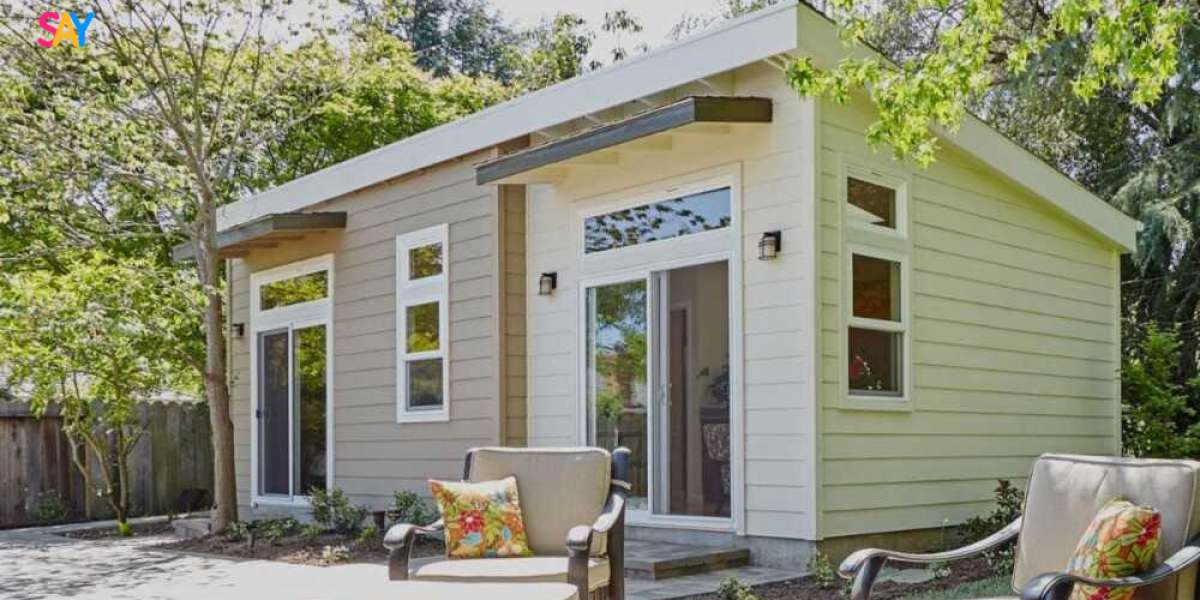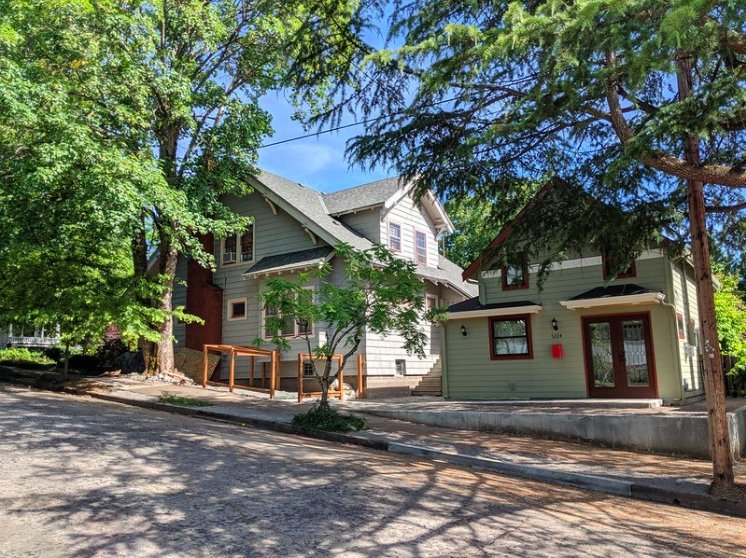Understanding contractor fees is crucial for effective budgeting and ensures that you can get the best value for your investment. At Goshen Tiny Homes, we specialize in ADU construction https://goshentinyhomes.com/ and are committed to transparency regarding how our fees work. This article aims to break down the various types of contractor fees and what factors influence these costs.
Types of Contractor Fees
Contractor fees can be structured in several ways, each with its own nuances. Understanding these types is essential for assessing which contracting model works best for your ADU project.
Fixed Price Contracts
A fixed price contract is an agreement where the contractor agrees to complete the project for a specific price. This model is enticing for homeowners because it provides a clear budget from the outset.
Clarity in Costs: Homeowners know in advance how much they will pay, eliminating concerns over escalating expenses during the project.
Scope of Work: A fixed price contract works best when project specifications are clear and unlikely to change. It’s crucial to have a well-defined scope of work, as any alterations can lead to additional costs.
Cost Plus Contracts
In a cost plus contract, the homeowner agrees to pay the contractor for the actual costs of the work plus an agreed-upon fee to cover the contractor’s profit margin.
Flexibility in Changes: This type of contract accommodates changes and additions easily, making it a suitable option when the scope of the project is still being defined.
Transparency in Expenses: Homeowners can see exactly where their money is going, as the contractor must document all expenses. However, this model can sometimes lead to higher costs if not monitored closely.
Time and Materials Contracts
Time and materials contracts involve paying the contractor based on the time spent on the project and the materials used.
Hourly Wages: Contractors typically charge an hourly rate along with the cost of materials. This model provides flexibility, especially for projects where it’s challenging to estimate final costs upfront.
Risk of Increased Costs: While this approach can be useful for smaller projects or renovations, it can also lead to higher total expenses if the project takes longer than anticipated. Homeowners should monitor the progress closely to avoid any budget surprises.
Factors Influencing Contractor Fees
Several factors can affect the overall fees for your ADU project. Understanding these can help you anticipate costs and negotiate effectively.
Size and Complexity of the Project
The size and complexity of the ADU significantly impact pricing. A larger, more complex design requiring advanced features, such as custom architecture or specialized materials, will naturally increase costs.
Square Footage: Many contractors base their fees partially on the size of the ADU. Larger units typically need more labor and materials, leading to higher costs.
Special Features: If your ADU includes complex construction features like high-end appliances, intricate landscaping, or specialized energy-efficient systems, these can add to the total expense.
Location
The ADU's location plays a significant role in determining contractor fees. This includes both regional pricing differences and site-specific factors.
Regional Variations: Labor costs can vary significantly depending on your geographical area. Urban locations often have higher costs due to increased demand and cost of living.
Site Conditions: The specific conditions of your property, such as access to utilities, slope, and soil type, can affect construction costs. Challenging conditions may require additional work or specialized equipment, increasing the overall project cost.
Permits and Regulations
Building an ADU typically involves obtaining various permits and adhering to local building codes, which can add to project fees.
Permit Fees: Contractors often incorporate permit costs into their total fees. Be sure to discuss these costs upfront and understand how they impact your budget.
Compliance Costs: Ensuring your ADU meets all zoning and safety regulations can require additional time and resources. If a contractor needs to correct compliance issues, this may lead to unforeseen expenses.
Contractor Experience and Reputation
The contractor's experience and reputation can also influence fees. More established contractors with a proven track record may charge higher fees due to their expertise and reliability.
Quality of Work: Hiring an experienced contractor can lead to higher-quality results and fewer problems during and after construction. Sometimes, paying a little more initially can save you money and headaches in the long run.
Overall Value: Evaluate the value provided by the contractor rather than focusing solely on the price. A higher fee might be justifiable for a contractor who brings additional skills, high-quality materials, and a reliable timeline.
Budgeting for Unexpected Costs
While planning your ADU budget, it’s essential to prepare for unexpected costs that might arise during the construction process.
Contingency Fund: Experts recommend setting aside a contingency fund of 10-20% of the project budget for unforeseen expenses. This buffer can help manage surprises such as additional materials, changes in labor rates, or unexpected repairs.
Ongoing Communication: Maintain open lines of communication with your contractor throughout the project. Regular updates can help identify potential issues early, allowing for adjustments before they impact the budget dramatically.
Conclusion
Understanding contractor fees for your ADU project is critical to ensure you make informed financial decisions. By familiarizing yourself with the different fee structures, the factors that influence costs, and the potential for unexpected expenses, you can navigate the budgetary aspects of your ADU construction with greater confidence.
At Goshen Tiny Homes, we pride ourselves on transparency and proactive communication regarding contractor fees. If you’re considering an ADU project and want a reliable partner to guide you through the process, contact us today! We’re here to help you design and build the perfect ADU that meets your needs and enhances your lifestyle.





